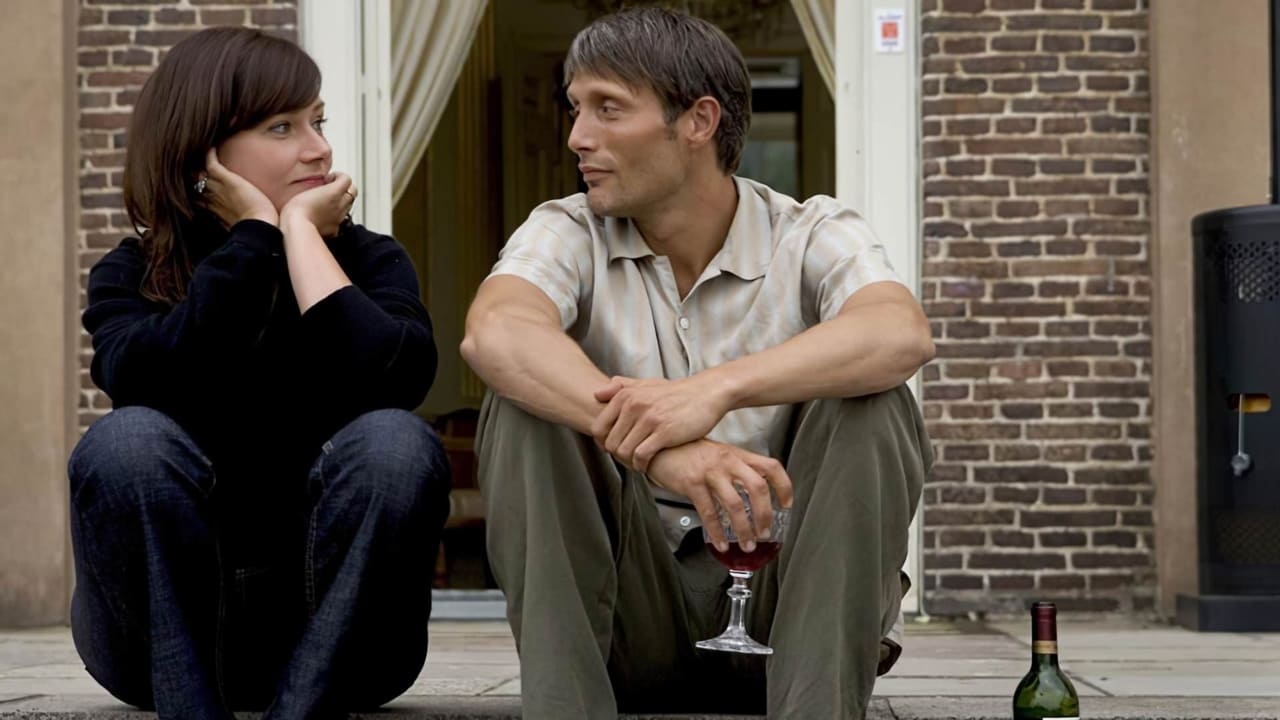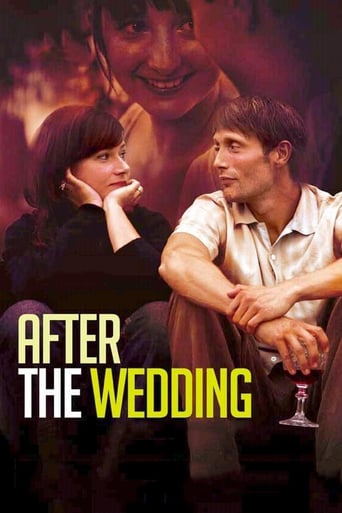

I think this is a new genre that they're all sort of working their way through it and haven't got all the kinks worked out yet but it's a genre that works for me.
... View MoreA bit overrated, but still an amazing film
... View MoreNot sure how, but this is easily one of the best movies all summer. Multiple levels of funny, never takes itself seriously, super colorful, and creative.
... View MoreThe thing I enjoyed most about the film is the fact that it doesn't shy away from being a super-sized-cliche;
... View MoreThe story is somehow good and humanitarian and all that, but the plot and dialogue are very motionless, boring, dull and superficial.
... View More8/10Why would a millionaire craft a careful plan to sabotage his family and help the guy whom he should envy the most? The film began itself by posing such a puzzling question then spending its latter half to explain it. The answer may be predictable, but it makes you care, and that is important. A lot of film promises a shocking revelation, but rarely delivers. Most of them merely force either a banal conspiracy or a twist for the sake of twisting down your throat. Efter brylluppet, on the other hand, give me a predictable revelation that somehow makes me care even more. The cast is extraordinary. The most noteworthy is definitely Stine Fischer Christensen, who is now one of my favourite actresses of all time. The ability to portray vary array of emotion is a requirement for any good actress but Christensen took it further in Efter brylluppet where she demonstrated the ability to look with both the most believable loving eyes, and the heartbreaking sorrowful one. Unfortunately, I can't bring myself to agree with the director Susanne Bier and the cinematographer Morten Soborg. Yes, hand-held camera and such has its power and it is a nice parody with the script but certain scenes, I believe, would improve greatly if they were filmed by a proper camera. I know that the so-called naturalistic is the signature of Danish film but those scenes were less naturalistic because it broke the fourth wall and forcefully reminded me that this is a film. I would give Efter brylluppet 9 out of 10 if it wasn't for such cinematography.
... View MoreSusanne Bier in "after the wedding" reveals a deliciously deep and emotional enigma of big impact that attracts the audience from the start, Bier's storytelling technique are in fact engaging.It is the skills of the director to manipulate our emotions as viewers what makes this film so wonderfully unique in my opinion, With the inclusion of a cross-cultural perspective not typically seen in Nordic cinema.A distinctive aspect of the film is the use of raw emotion, a factor rarely seen in this way in Hollywood movies for example, Much of this quality can be attributed to the actors and actresses of the film. Mads Mikkelsen did a great job interpreting Jacob a man who left his orphanage in Copenhagen (which he owned)to meet with a wealthy man named Jorgen, played by Rolf Lassgård to receive financial aid for his orphanage situated in one of the poorest regions of India.Jorgen then decides to invite Jacob to his daughter's wedding which takes place the same day at night. While there, the audience discovers a special secret, which turns out to be an emotional bomb for both Jacob and to other members of the wedding.The film really shines in its use of emotion to drive the story. In fact, the most intense moments of the film take place after marriage. Jacob, who previously intended to return to India to participate in the 8th birthday of his adopted son, is faced with the need to make tough decisions ...After the wedding is different from other films because the viewer can connect in an emotionally engaging way. Through its unusual camera work, but mostly through effective and wonderful editing tricks, "After the Wedding" becomes a refreshing film with interesting perspectives and with a compelling plot, Susanne Bier produced a wonderful piece. Do not let this movie be a secret, See it. My Vote is 8.Title (Portugal): Not available
... View MoreVERY disappointing after all the great reviews.The story is maudlin, predictable, and completely unbelievable; and it takes itself so seriously that it practically begs to be laughed at. The direction is sloppy and plodding, leaving out what matters and leaving in what doesn't. The cinematographer used a hand-held camera for tight closeups far too often, for no reason, so that often the screen is filled with one huge head (sometimes one huge eye) bobbling around.All the actors are mediocre at best; none of the relationships are believable; and all the characters were either so badly written or so badly acted that I never believed or cared about any of them - except the tough, smart, adorable little boy in India, who was on screen for no more than ten minutes.I don't understand why Mads Mikkelsen is so popular; he acts and looks like an unwrapped Egyptian mummy. David Dencik, another Scandinavian actor, is infinitely more interesting and attractive; unfortunately he's not on hand to save this leaden turkey. This was my first and (I hope) my last Susanne Bier movie.
... View More